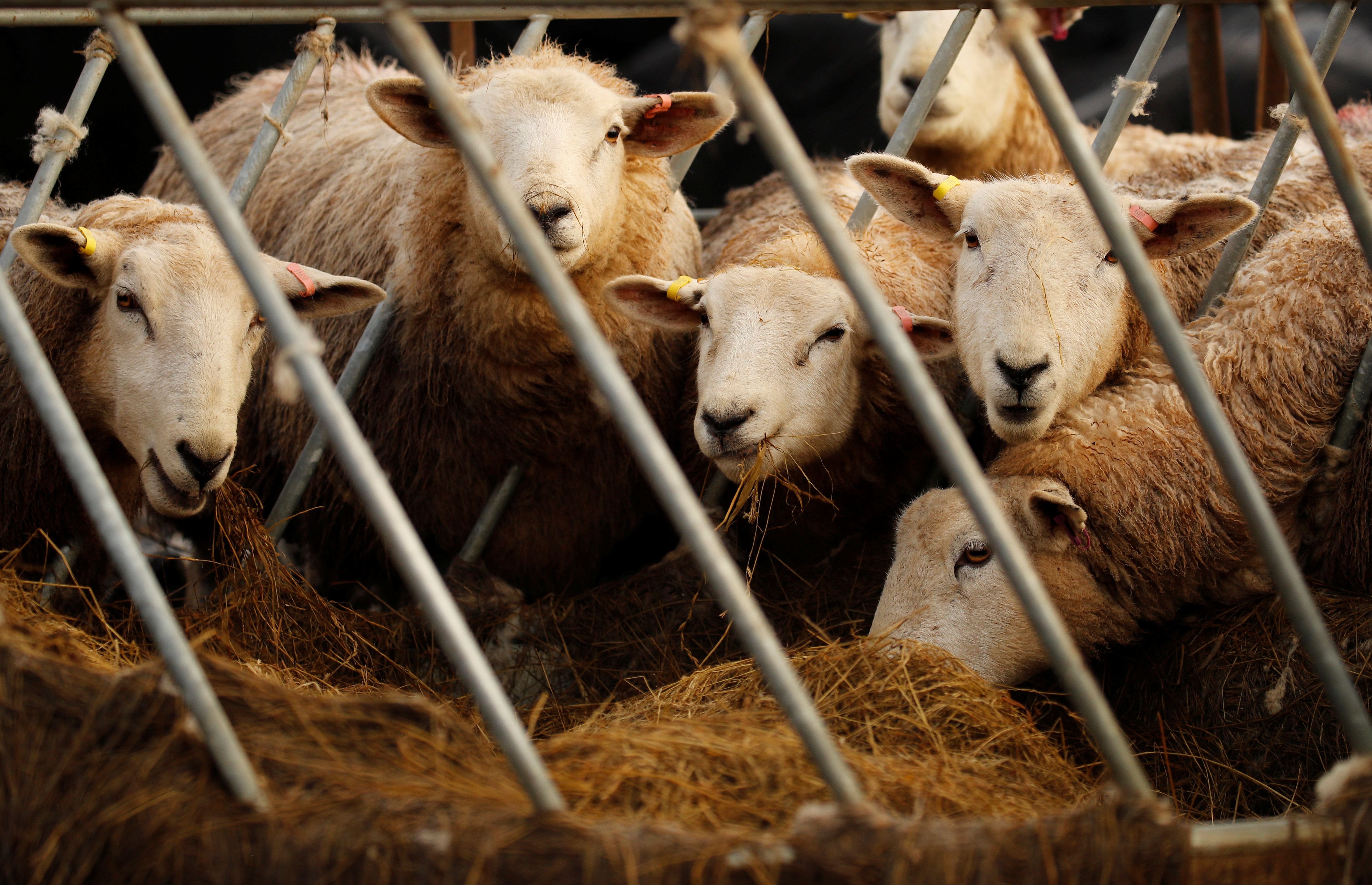
UK bans live animal exports
Campaigners have fought for the ban for 50 years.
A bill to ban live animal exports from the UK has passed its final stage in Parliament and will soon become law.
The Animal Welfare (Livestock Exports) Bill will put an end to the export of cows, sheeps, and pigs for fattening or slaughter. The Bill has been making its way through Parliament since a 2020 government consultation showed that 87 percent of respondents wanted to see live exports banned.
The 1.6 million animals previously exported from the UK each year endured what campaigners describe as “horrific journeys” lasting many hours. They were “crammed” onto trucks “with little space to sit, stand, or lie down,” said Sonul Badiani-Hamment, Country Director of FOUR PAWS UK.
The animals suffered from injuries, mental exhaustion and distress, hunger, and dehydration, with food and water sometimes not provided at all. Temperature extremes added to the physical dangers and stress experienced by the animals, which included young male calves unwanted by the dairy industry. Journeys could last up to 96 hours, and at the end of them, animals could be slaughtered in brutal ways that would be illegal in the UK.
Exports have been on hold since December 2020, but campaigners had worried these could restart at any moment. Now that the Bill has passed its third and final reading, that risk has been extinguished.
CIWF said that the new legislation was “growing momentum” around the world to end live exports. In 2023, a Brazilian court banned live cattle exports and a ban came into force in New Zealand to end all live exports by sea for cattle, sheep, deer, and goats. The Australian government recently announced that live sheep exports would end in 2028. But the ban is not yet law and will face strong opposition from the farming sector and right-wing politicians.

